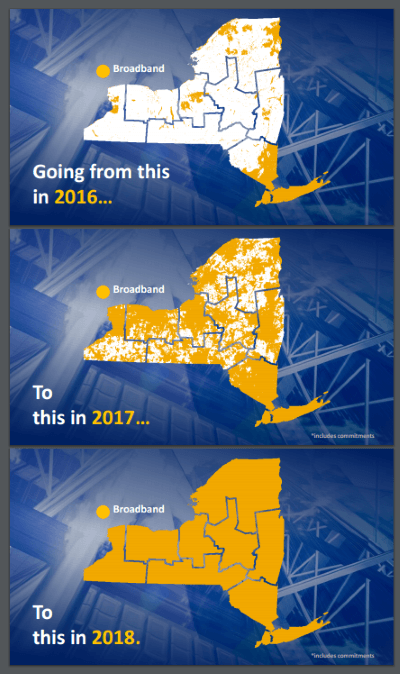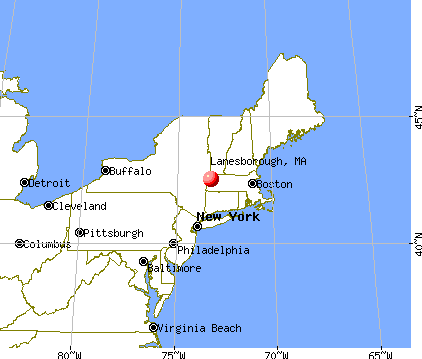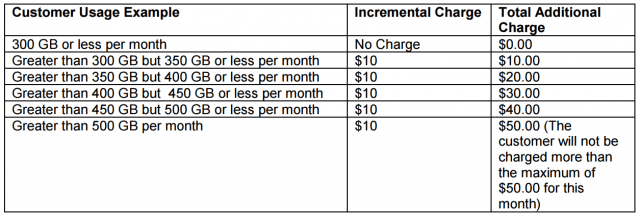
Tillis was honored in 2011 as ALEC’s “Legislator of the Year” and received an undisclosed cash reward.
Back when we first became aware of Republican member of the North Carolina legislature Thom Tillis around 2010, he was hard at work building his political future just as Republicans were poised to take control of the state legislature for the first time since the days of Reconstruction. Despite running unopposed in 2010, Tillis raised more money from cable and phone companies than any other lawmaker in the state, depositing $37,000 before knowing he would be the next Speaker of the North Carolina House of Representatives in January 2011. To celebrate, AT&T, Time Warner Cable, and Verizon each gave Tillis $1,000 just a few weeks before the swearing-in ceremony. It was money well spent, if you were a cable or phone company doing business in North Carolina.
Tillis left the legislature in 2015 to become the junior U.S. Senator from North Carolina. The telecom industry made sure to keep the campaign contributions flowing, if only to give their thanks for Tillis’ unwavering support for their agenda. Tillis doesn’t care much for his rural constituents still waiting for something better than dial-up internet access and as long as his campaign coffers remain bulging with corporate contributions, he doesn’t think he has much to fear from the state’s voters either. After all, he survived accusations from a resigning House Finance chairman that he had a secret business relationship with Time Warner Cable.
Raleigh’s The News & Observer felt it was their duty to mention Tillis in their editorial pages anyway, taking him to task for “cheering a loss for North Carolina consumers last week after a federal appeals court upheld a cable company protection law that he supported as state House speaker in 2011.”
The newspaper is talking about North Carolina’s infamous anti-public broadband bill that was literally constructed by lobbyists working for Time Warner Cable. The law effectively made it impossible for community broadband providers to bring their much-needed service to adjacent communities that have waited more than a decade for companies like Time Warner Cable, AT&T, CenturyLink and others to offer internet access in rural and underserved parts of the state.
Tillis personally helped shepherd the corporate protection bill, designed to shield incumbent cable and phone companies from community competition, through the state legislature, supporting it every step of the way. It would become law in 2011 and rural broadband in North Carolina hasn’t gotten any better since. In fact, it’s almost stagnant. But Tillis cannot say the same thing about his campaign bank accounts, which continue to bulge with corporate donations now in excess of $11 million.
An effort by the Federal Communications Commission to pre-empt the state law failed in a federal appeals court, much to the delight of Thom Tillis, something the newspaper calls an “insult” to North Carolinians looking for a better deal.
“Today’s ruling affirms the fact that unelected bureaucrats at the FCC completely overstepped their authority by attempting to deny states like North Carolina from setting their own laws to protect hard-working taxpayers and maintain the fairness of the free market,” Tillis said in a statement. Cough, cough.
The newspaper’s response:
Translation: Time Warner and other companies, thank goodness, will retain control of the market without having to worry about towns competing with them and thus will be able to charge people whatever the market will bear.
For Tillis to say the court ruling, which should be appealed, is a triumph for taxpayers is preposterous. It’s a setback. The “free market” he backs is one free of competition from municipal broadband services that offer a better product at a lower price.


 Subscribe
Subscribe A federal appeals court has reversed an effort by the Federal Communications Commission to pre-empt state laws restricting municipal broadband expansion in Tennessee and North Carolina, ruling the FCC exceeded its authority by interfering with both states’ rights to define the boundaries where the community broadband networks can and cannot operate.
A federal appeals court has reversed an effort by the Federal Communications Commission to pre-empt state laws restricting municipal broadband expansion in Tennessee and North Carolina, ruling the FCC exceeded its authority by interfering with both states’ rights to define the boundaries where the community broadband networks can and cannot operate.


 Governor Andrew M. Cuomo yesterday
Governor Andrew M. Cuomo yesterday  It is hard to imagine there are still cable systems serving customers with nothing more than a slim lineup of standard definition cable television channels in 2016, but not if you live in three Berkshire towns over the New York-Massachusetts border where Charter Communications will finally introduce HD television and internet service starting next week.
It is hard to imagine there are still cable systems serving customers with nothing more than a slim lineup of standard definition cable television channels in 2016, but not if you live in three Berkshire towns over the New York-Massachusetts border where Charter Communications will finally introduce HD television and internet service starting next week. CenturyLink will begin a usage-based billing trial in Yakima, Wa., starting July 26 that will combine usage caps with an overlimit fee on customers that exceed their monthly usage allowance. The trial in Washington state may soon be a fact of life for most CenturyLink customers across the country, unless customers rebel.
CenturyLink will begin a usage-based billing trial in Yakima, Wa., starting July 26 that will combine usage caps with an overlimit fee on customers that exceed their monthly usage allowance. The trial in Washington state may soon be a fact of life for most CenturyLink customers across the country, unless customers rebel.

